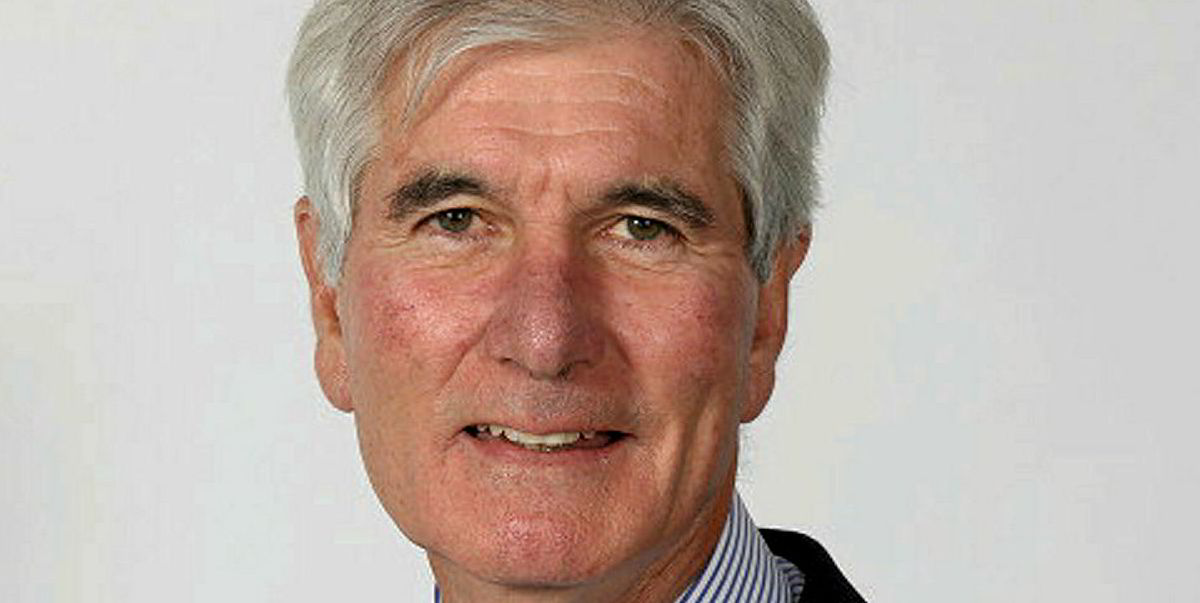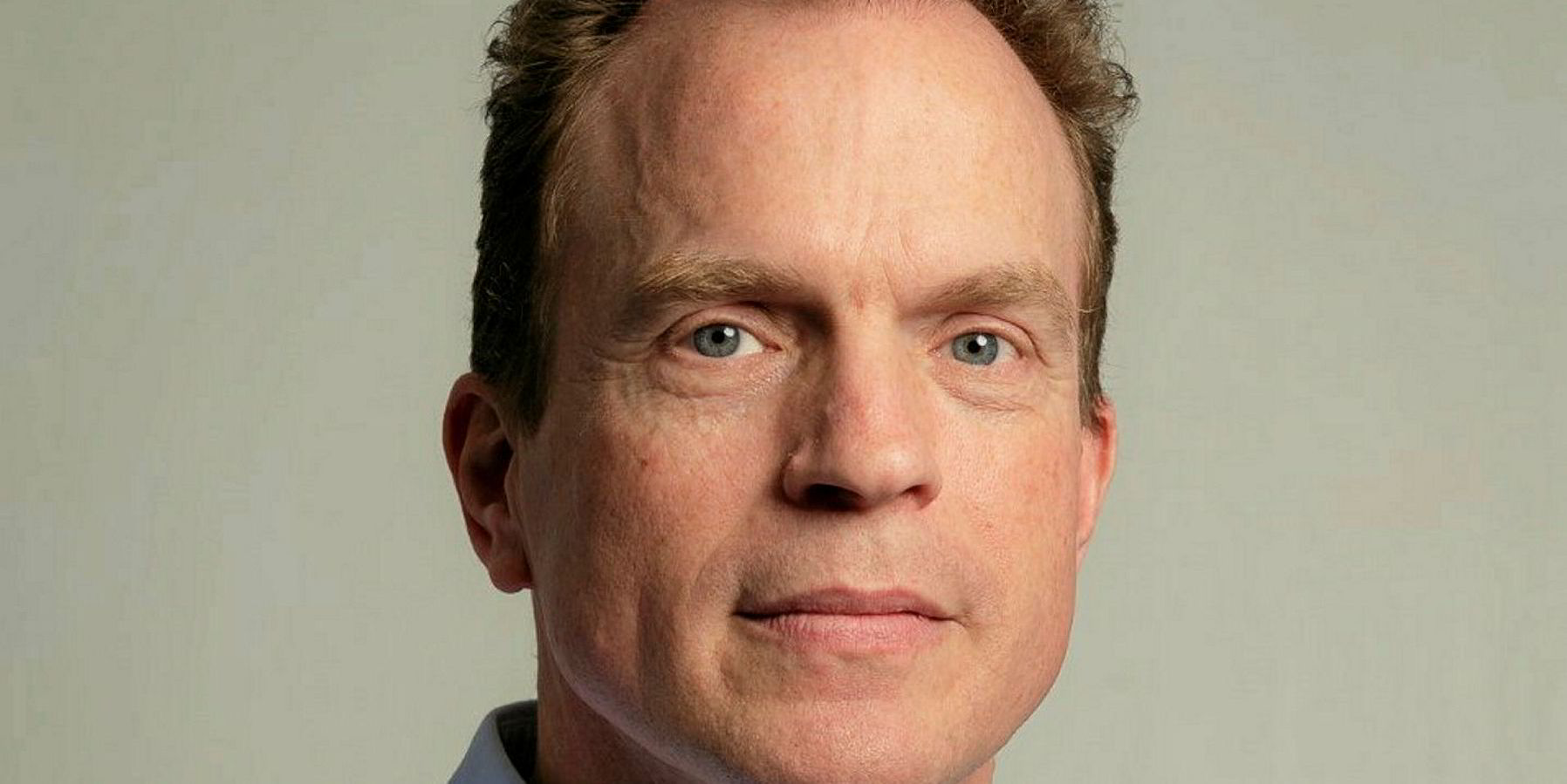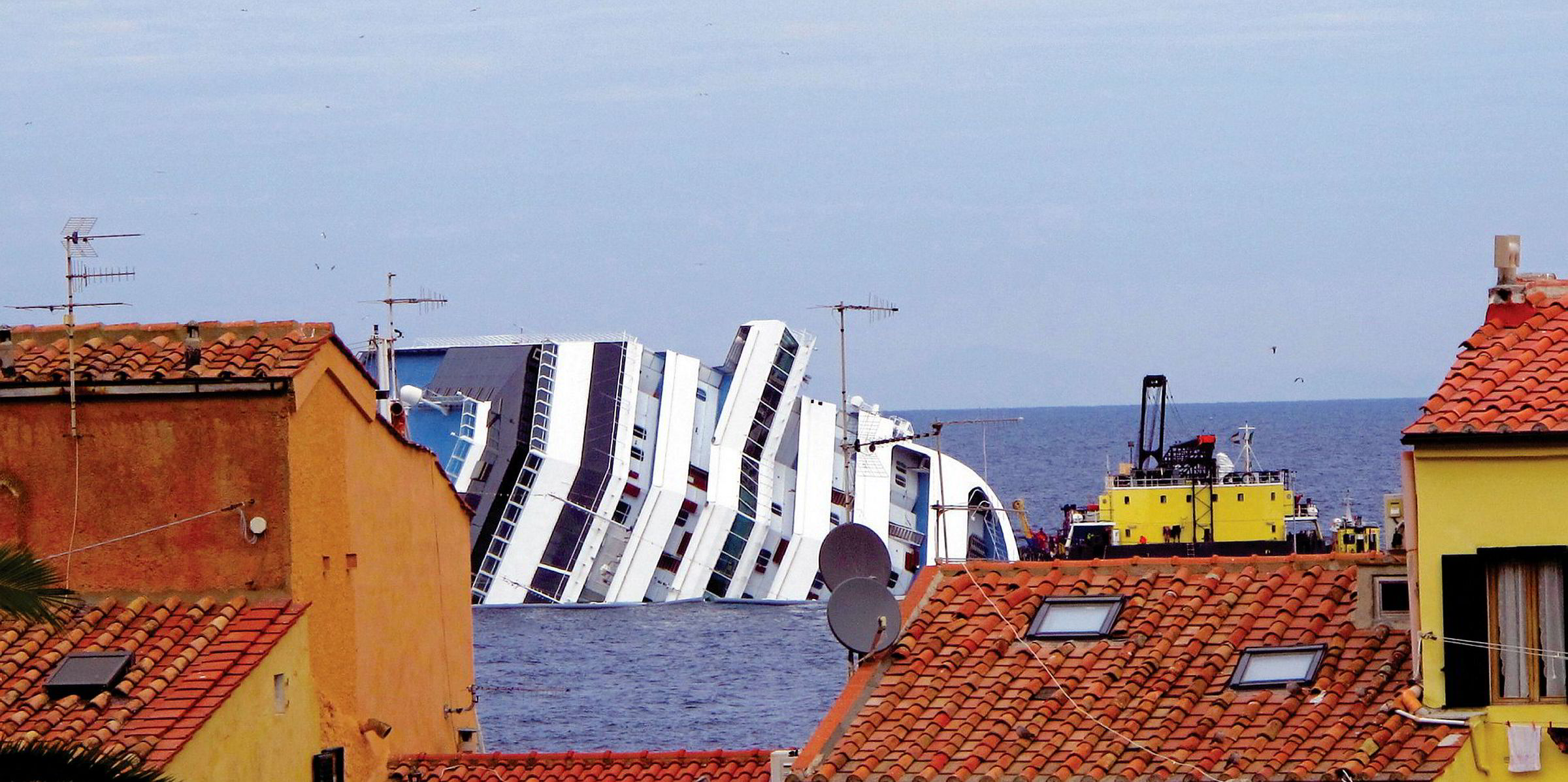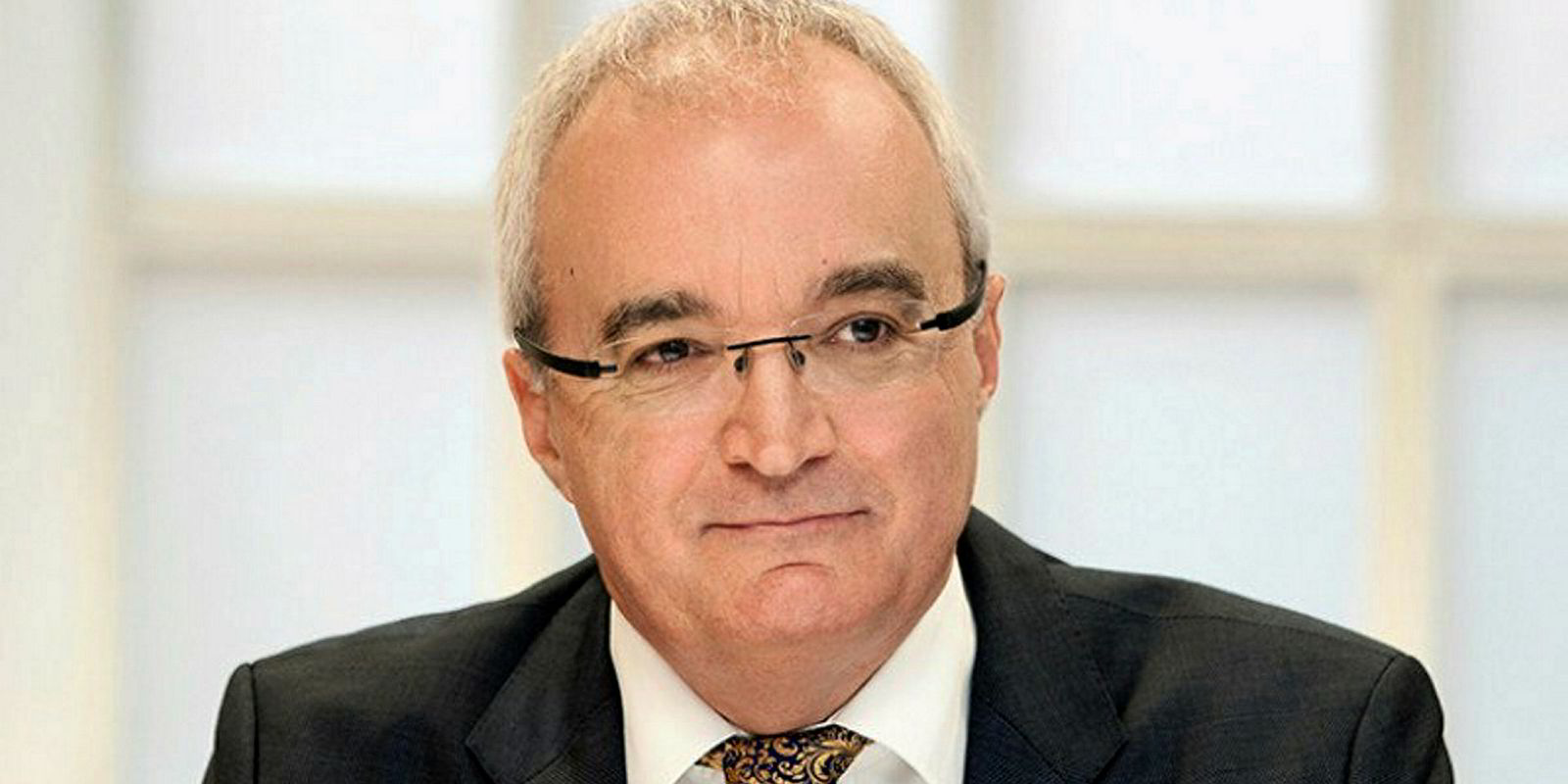The salvage industry is having to cope with significantly lower levels of income, according to the latest figures from the International Salvage Union (ISU).
According to the ISU, its membership — which includes all the major salvage companies — earned $482m in 2019.
While the figure is up on the $409m in 2018, salvage income has remained well under $500m for the past four years and is still a long way off the $717m earned in 2015.
The number of salvage companies is also reducing, in line with the fall in income. The biggest shock to the industry came this year when one of the world’s largest salvors, Ardent Global Marine Services, threw in the towel in response to the falling workload.
Contracting market
ISU president Richard Janssen said: “Market pressure has caused contraction. We have seen the sad demise of ISU member Ardent and it means that, over the last few years, the famous names of Titan, Mammoet and Svitzer have all disappeared from marine salvage.”
Other salvors are being forced to diversify away from salvage operations into harbour towage and offshore work, he added.
Salvors' income is broadly split between wreck removal and emergency response work.
Last year, 59% of the ISU members' income, or $284m, came from wreck removal.
Most of its emergency response work is now fixed on a standard pre-negotiated contract basis. The traditional no-cure, no-pay Lloyd’s Open Form (LOF) salvage arrangement, which sets awards through arbitration, is increasingly being overlooked by underwriters.
ISU members earned just $49m from just 35 LOF cases last year compared with $131m earned from non-LOF contracts. The ISU described last year’s LOF revenue as a “historic low”.

LOF contracts are important for salvors because on average awards, which are related to the value of the salved cargo and ship, they tend to be higher. Last year, the average value of an LOF salvage operation was $1.4m, compared with $723,000 for a non-LOF contracts.
LOF awards also should involve an additional payment classed as an “encouragement”, which acts as a sort of bonus payment to incentivise salvors to continue to invest in the business.
However, salvage companies are concerned the element of encouragement in salvage awards also appears to be in decline. This was brought up at a recent meeting between the ISU and marine underwriters.
ISU legal advisor Rob Wallis commented: “There continues to be concern about the erosion of the principle of 'encouragement' in salvage awards and that salvage capacity internationally might be compromised.”
This year salvage work is likely to continue to be at lower levels despite industry warnings that the safety of shipping is being compromised during the pandemic, which will lead to accidents.
ITF general secretary Steve Cotton warned the “chances of a major catastrophe increases daily”.
Concern over casualties
Insurer Allianz is also concerned that poor trading markets will result in lower safety investment by shipping companies.
"We know from past downturns that crew and maintenance budgets are among the first areas that can be cut and this can impact the safe operations of vessels and machinery, potentially causing damage or breakdown, which in turn can lead to groundings or collisions,” it said.
However, the indications are, so far at least, that lower shipping activity during the pandemic have resulted in fewer, not more, casualties.
Emergency response
Protection and indemnity clubs report lower levels of casualties so far this year compared with last year, while the number of pooled claims reported to the International Group of P&I Clubs is also down.
Emergency response contracts are also in line with last year. The Lloyd’s Salvage Arbitration board reported 25 LOF cases so far in 2020.
The question that the salvage industry’s problems raise for the insurers and shipowners is whether they should offer salvors higher awards to stop them quitting the business.
Janssen said: “Time will tell whether the capacity of the industry remains adequate to provide the professional global response capability that is relied upon to mitigate further exposure.”






